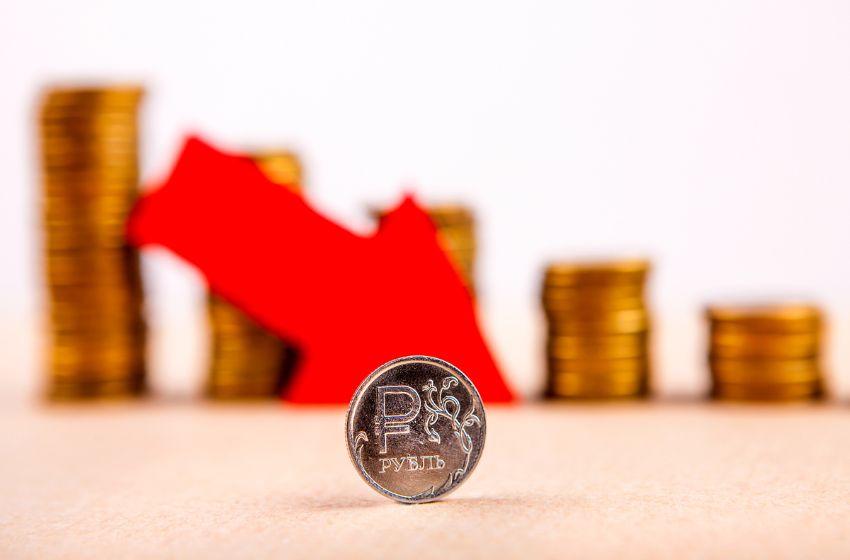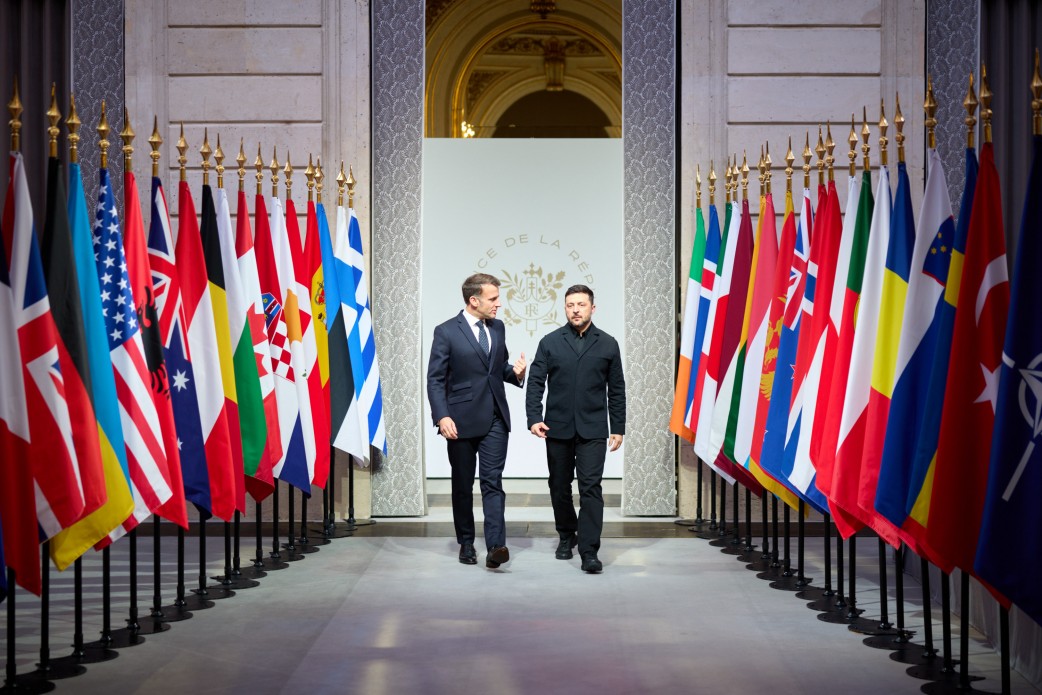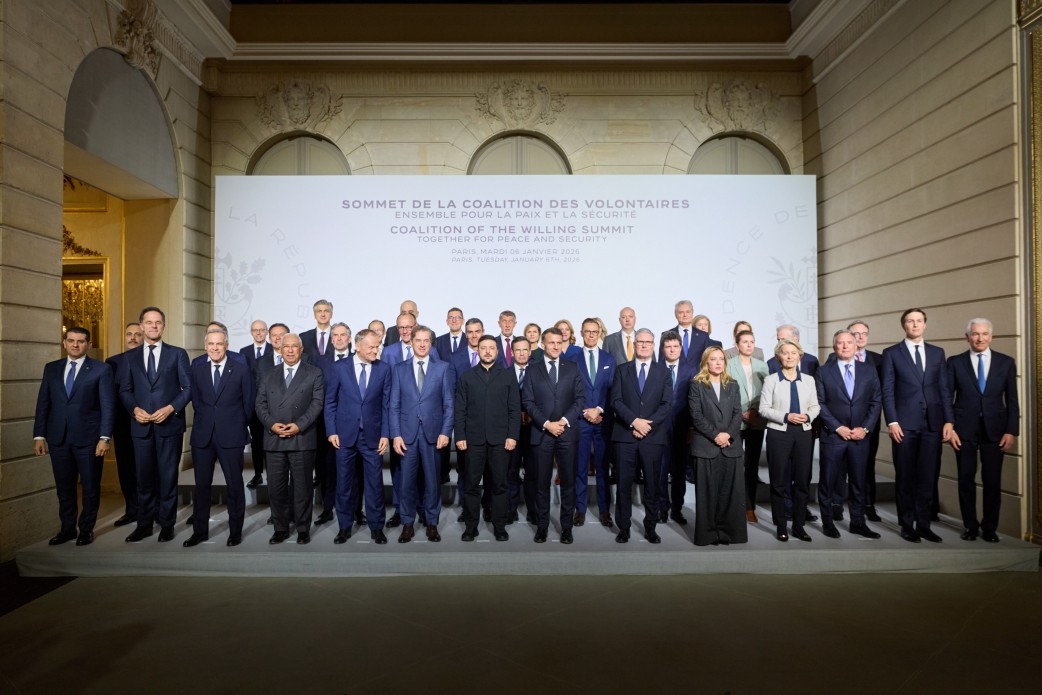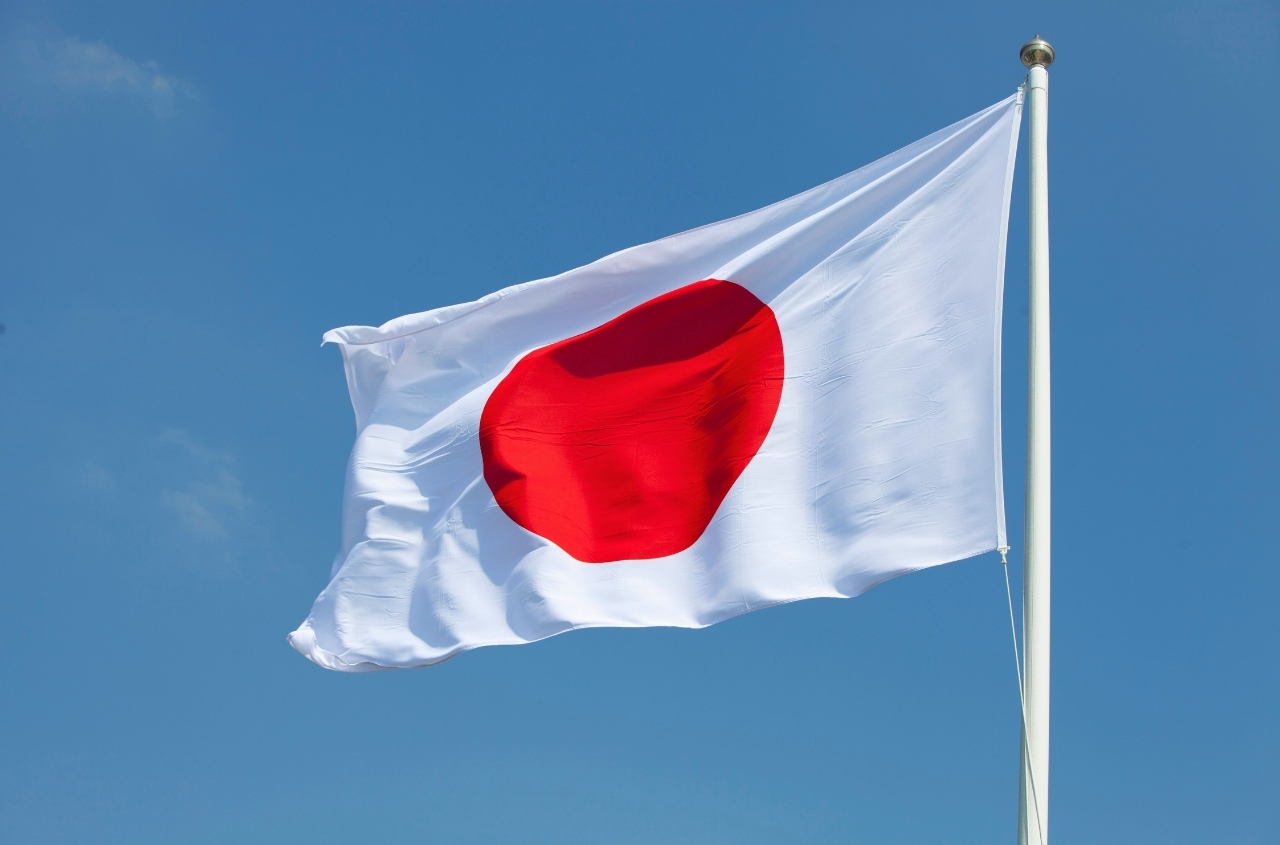Doctor of Economics, Professor at the Moscow Higher School of Economics (HSE), Igor Lipsits, in a conversation with Russian human rights defender Mark Feygin, answered the question about why the ruble is falling, as well as the state of the oil and gas industry in Russia.
Why is the ruble falling?
"The situation consists of 2 components. The first component is the reduction of income in foreign currency. And the second is the exchange rate at which currency is converted into rubles. Therefore, on one hand, incomes are decreasing, and on the other hand, devaluation is occurring. And here, there's a very amusing story that the current ruling regime in Russia has found itself in. On one hand, in order to make ends meet, the regime needs to devalue the ruble; and the Ministry of Finance has already happily stated that ruble devaluation has greatly helped the budget. But on the other hand, excessive devaluation is politically risky.
Since I've been teaching economics to people in Russia my whole life, I know well that a person in Russia is aware of 3 indicators of the economic situation. Just 3. That's the ruble exchange rate. It's how prices of products are increasing. And it's whether there are goods on the shelves in the supermarket or if they are empty.
Right now, a Russian sees that the exchange rate is plummeting, and this sharply contrasts with the president's beautiful words about Russia finding a new economic development model. 'Our prospects are magical' - read his speech at the Perm Forum. Well, in general, it's hard to imagine a person being able to describe their country as enthusiastically as he (Putin) did.
But now, for some reason, the ruble has collapsed! It hit the pride of patriots. And they have to backtrack and force the return of foreign currency. Foreign currency is not left abroad by chance. It helps procure what you can't otherwise buy. If you bring foreign currency into Russia, you'll lose it. So, you leave it abroad. And through this retained foreign currency, the necessary purchases for the government are financed.
After all, Putin signed a special decree two weeks ago. It permits exporters, who supply under intergovernmental agreements, to keep 100% of their foreign currency earnings abroad. And you're asking why the ruble is falling? The currency doesn't come in, it stays abroad. Right now, they caught fertilizer producers by the tail and forced them to bring currency from their foreign accounts into Russia to somewhat normalize the situation. So, one step to the right, one step to the left – it's a dilemma.
If the ruble depreciates, it's good for the budget, but it scares the population, and elections are ahead! So, they have to play it back a bit"

The situation with oil and gas
"The situation with oil and gas revenues is poor. Incomes are decreasing. Although the oil price has gone up a bit now. But it's important to remember that Russia now ships oil on its own vessels and also insures it. So, all of this, of course, adds costs that reduce revenue.
In Russia, the oil situation is generally not very joyful. Not everyone knows this, but Russia has quite a few expensive oil fields. And they will need to be put into operation. But if the price remains low, it's unclear what to do in general.
And there's another problem: we earn revenue from oil and gas exports in hypothetical currency. The dreadful term "fall in the quality of foreign currency earnings" has emerged. But what does it mean? Previously, we sold oil and gas, received dollars and euros - all good, convertible currency, reserve currency - everything was fine. But now, you're selling currency, selling oil and gas, and getting yuan at best, dirhams, and in the worst case, you get rupees that are practically unusable. Recently, a figure was published that Russia has $39 billion stuck in rupees in India, and they can't be withdrawn. What to do is unclear. It's like there's foreign currency revenue that you need to pay taxes from to the budget, but $39 billion is practically useless. The government says, 'guys, we love you, you have rupees, buy Indian government bonds, we'll sell them to you, or invest in Indian companies.' But they'll receive dividends in rupees again. A splendid offer.
That's why oil and gas revenues are falling. And the government says, 'don't be alarmed, our non-oil and gas revenues are growing.' But when you start looking at industry statistics, when you start looking at railway transportation statistics, well, you don't see an economic boom there. The entire boom is in weapon production. There, you do have growth rates of 30% to 40% in production. There's growth in construction - after all, they need to rebuild in Mariupol, defensive structures, concrete - all of this generates revenue, there's growth.
But the revenues from this are questionable. It's like a pretty leaky system, and patching it up with revenues from oil and gas sales isn't working. There's hardly anyone left to sell to. In short, there are three buyers: India, China, and a bit of Turkey. They tried to sell oil products to North African countries, which in turn tried to resell to Europe, but that wasn't very successful either. So, it turns out that the situation with oil and gas exports is not very joyful for Russia, so to speak."





















